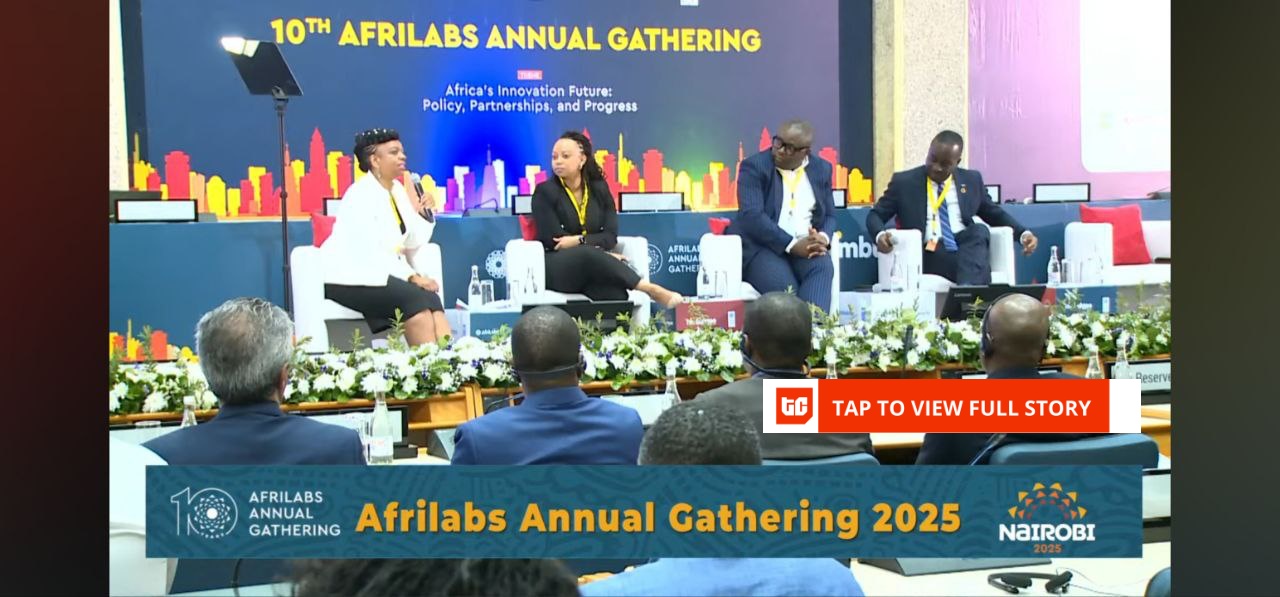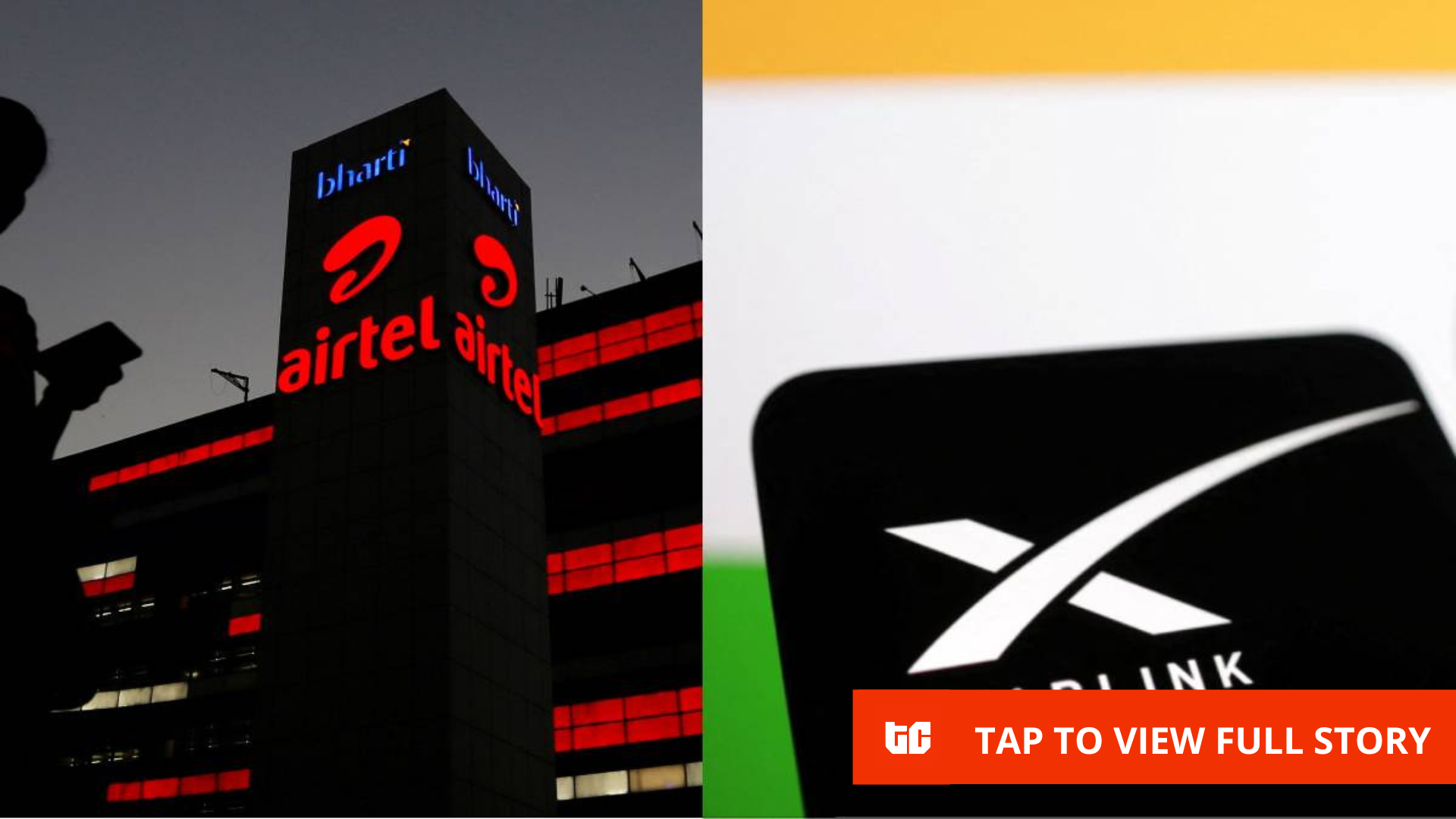For years, most startup funding in Africa has flowed to the “big four” markets: Kenya, Nigeria, Egypt, and South Africa. The rest of the continent has largely been overlooked, even though many of the region’s fastest-growing tech ventures are emerging from smaller economies. Speakers on a panel at the 10th AfriLabs Annual Gathering argue that this imbalance has slowed progress on building resilient businesses across Africa.
The discussion, moderated by Sinazo Sibisi, chief investment officer at Timbuktoo, a UNDP-backed initiative creating a pan-African innovation ecosystem, centred on how Africa can finance innovation at scale. She was joined by Clara Mwangola, vice president at Kuramo Capital Management; Adebayo Adewolu, CEO of Trium Limited; and Henry Chinedu Obike, chief innovation officer at I&M Bank Rwanda.
Sibisi framed the conversation around speed, scale, and sustainability, three levers she said must work together to move African innovation from isolated success stories to systems that can compete globally.
“But moreover, to actually drive an early pipeline of investable ventures that would give us the speed, scale, and sustainability we need, we knew that we needed to build an end-to-end ecosystem that would basically focus on early stage R&D, incubating budding ventures and scaling them up in terms of accelerating them so we could build a strong crop of gazelles that would be able to take Africa to the world,” Sibisi said.
The Timbuktoo initiative, launched in January 2024 by the United Nations Development Programme (UNDP), Rwanda, and seven other African countries, aims to invest $1 billion over 10 years in 1,000 tech startups across Africa.
It is described as the largest ever startup fund on the continent, with $350 million of risk-tolerant capital designed to attract an additional $650 million from private investors. The fund’s hubs target sectors like fintech in Lagos, agritech in Accra, greentech in Nairobi, and health tech in Kigali, working through local accelerators and universities.
This panel discussion has been edited for clarity and flow.
Sibisi: Historically, investments in early-stage ventures have focused essentially on the big four countries — Kenya, South Africa, Egypt, and Nigeria — and also in relatively mature markets such as fintech and trade tech.
Why is it important for us to go beyond these legacy markets, to go beyond the kind of low-hanging fruit, and start making sure that we expand? And how does the acceleration fund that you’re working on with Timbuktoo help us to do that?
Mwangola: Kuramo is a hybrid private equity fund that invests both in fund managers and directly across sub-Saharan Africa.
We currently have over $500 million in assets under management, through which we’ve invested in several first-time fund managers across the continent. This has helped catalyse about $3.5 billion flowing into these first-time managers.
Through its affiliate, Moremi Capital, Kuramo has been appointed as the fund manager for the Timbuktoo Accelerator Fund. The idea is to spearhead and grow catalytic capital across geographies and industries.
Traditionally, investments have been concentrated in the big four — Kenya, South Africa, Egypt, and Nigeria. This is mostly because these are mature markets that investors understand.
But over time, we’ve seen that to capture real benefits, especially as market dynamics shift, we need to explore many more markets. We’ve moved from a fintech-first focus to include other critical sectors such as agritech, climate tech, and health tech. These sectors are becoming increasingly important and are not confined to the big four countries.
This approach not only diversifies investor exposure but also helps build local communities and businesses in new countries.
One of the key goals of the Accelerator Fund is to expand its reach into new geographies, into new industries, and to help cultivate ecosystems that are more supportive of diverse ventures beyond the usual fintech focus.
We are confident that catalytic capital will have an impact across the board.
Sibisi: Most venture funds on the continent focus on finding entrepreneurs with great ideas and helping them grow strong businesses. But Trium operates slightly differently as the fund manager for the Timbuktoo African Gazelles Fund.
How are you breaking the mould in terms of how we actually catalyse innovation on the continent? And why do you think it’s important not to follow the traditional approach to venture finance?
Adewolu: Trium is the digital venture builder arm within one of the largest and most diversified financial services ecosystems on the continent.
When we first entered the space, we thought we would operate as a traditional venture capital firm. But we quickly realised the model needed to change. By 2019, we had settled on what we call the venture builder model.
At the time, venture studios were still emerging. We recognised that capital alone wasn’t enough. We needed expertise to deploy that capital effectively, technology to power it, and an ecosystem that could bring together the right stakeholders to make ventures viable.
The goal was to reduce the failure rate, moving from one successful startup out of ten to six or seven that could scale sustainably.
That’s how we’ve approached venture investing. The African Gazelles Fund, as its name suggests, is not primarily about creating unicorns. If we do, that’s welcome. But the real focus is on building gazelles — ventures valued between about $100 million and under $1 billion.
We want stronger, more resilient gazelles rather than lean ones. This segment is essential to power the continent. Large corporates exist, but they’re few. What we need are more mid-sized, scalable businesses spread across countries and sectors.
Our approach is to identify and build ventures that solve significant market gaps. In solving these gaps, we create both value and impact — and deliver returns for investors.
Sibisi: Henry, if I can come to you. As we know, access to capital continues to be a major challenge on the continent.
How can innovative debt solutions address this challenge? And how can you work with Timbuktoo in particular, as one of the issuers of Timbuktoo innovation bonds, to help fill the market gap?
Obike: For us as a bank, we started in the 1960s when a family came together to pool funds and build a business with friends and other entrepreneurs. Over time, the bank has grown into a large corporate institution with subsidiaries in five African countries — Rwanda, Uganda, Tanzania, Kenya (our group office), and an office in Mauritius.
From our experience, we understand how difficult it is to raise capital. Our founders began with angel investors, friends, and family providing seed funding. Because we’ve lived that journey, we believe the best way to grow SMEs and accelerators is to create capital that is both affordable and less risky.
Many investors see African businesses and accelerators as high-risk. So we asked ourselves how to design creative financing that can lower borrowing costs and reduce perceived risk. In many African countries, interest rates on debt can go as high as 30–35%. We wanted to create long-term debt instruments with built-in de-risking mechanisms.
We’re working on debt products that attract philanthropic and development finance institutions to provide first-loss guarantees. This structure gives confidence to larger investors such as pension funds by reducing their exposure.
Through the Timbuktoo Innovation Bond, we aim to raise capital that provides long-term financing to African accelerators. We’ve been developing this concept and expect to launch the bond early next year. The goal is to mobilise investors within Africa and channel funds into ventures that need patient capital.
A few months ago, I met some of the first Timbuktoo cohort working on healthtech innovation in Rwanda. It was sobering to see how many had bootstrapped their startups and were seeking just $100,000 in funding. When banks charge interest rates of 17–18%, that becomes unattainable.
We want to change that. As a bank, we’re introducing these debt instruments to help founders access sustainable, long-term financing that supports growth and reduces risk.
Mark your calendars! Moonshot by is back in Lagos on October 15–16! Meet and learn from Africa’s top founders, creatives & tech leaders for 2 days of keynotes, mixers & future-forward ideas. Get your tickets now: moonshot..com











